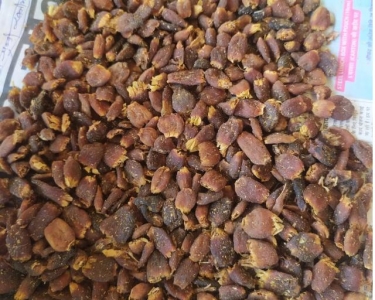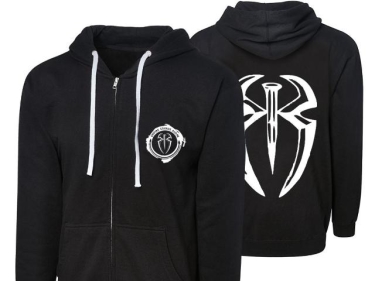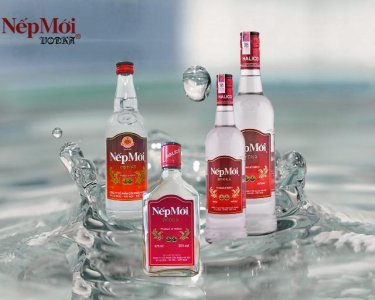Live animals
Couldn't find the product you want?
Fill out this form to request the product.
Products You May Like
Export from Eritrea
The main economic sectors of the Eritrean economy are services, agriculture and mining. The agricultural sector employs about 80% of the country's labor force. The main agricultural goods produced in Eritrea include fruits and vegetables, sorghum, wheat, millet, barley, sesame, beans, lentils, dairy products. Cattle, such as sheep, goats and camels, are also raised. The agricultural sector has improved due to the use of modern farming equipment and techniques.
Eritrea has a considerable amount of natural resources which include copper, gold, granite, marble, and potash. There is also an excellent potential for the extraction of ornamental marble and granite. However, it should be mentioned that most of the country's mineral deposits remain unexplored.
The manufacturing sector includes the production of processed foods, beverages, paper, textiles, leather, tobacco, chemicals, construction materials, metal products, matches and salt. Other industries include include cement production and commercial ship repair.
Eritrea also has a good potential for the developing of the oil industry, as it is supposed that there are significant oil deposits under the Red Sea.
Eritrea is the world's 166th largest exporter. The country exports fish and sea cucumbers from the Red Sea to European and Asian markets. Other exports include copper ore, coffee, precious stones, clothing, precious metal ore, cotton, aluminium, live animals, electronic equipment, iron and steel. Eritrea's main export partners are China, India, South Korea, Bulgaria and Egypt.
Import to Eritrea
Statistics show that the economy of Eritrea has experienced substantial growth in recent years. This can be seen in the GDP results, which show an improvement of 7.5%. Another reason explaining the recent growth of the economy is the launch of full operations in the gold and silver Bisha mine and the production of cement from the cement factory in Massawa.
According to the 2011 data, Eritrea's GDP grew by 8.7% making it one of the fastest growing economies in the world.
Eritrea is the world's 189th largest importer, its major imports being cars, palm oil, rubber, vegetables, pharmaceuticals, sugar and plastics. The country's top import origins are China, Egypt, Germany, South Korea and Italy.
Check Out Export Portal: A Site That Lets You Export Live Animals
If you are looking to buy and export animals, then you came to the right place! Export Portal's Live Animals Department is an online marketplace for sellers and buyers of any livestock. We work to contribute to the live export industry, which brings many economic advantages and other benefits to countries that rely heavily on livestock imports. In fact, in just Australia alone, this industry contributes roughly $1.8 billion to the country's GDP each year. Moreover, it also ensures food security while helping people meet their protein needs as well.
Finding the Right Animal
We feature a wide range of pigs, cows, sheep, goats, horses, rabbits and hares, turkeys, bees, and fish for sale. An increasing number of American, Australian, German, South African, Argentinian, and Italian farmers and companies are advertising their livestock with Export Portal, portraying just how effective and helpful our site is.
To help customers make more informed purchasing decisions, our site lets users narrow down their searches by the age, breed, and sex of the animal. If you are feeling hesitant to shop on our site and want more detailed information, make sure to check out our seller ratings and reviews, which are written by our buyers and customers. We also collaborate with hundreds of trusted international shipping companies that arrange the transport of all kinds of animals and birds to any country in the world.
Online Shopping is More Simple with Export Portal
Export Portal is an ideal site for everyone who is an avid online shopper. Our convenient options make it easy to find and buy whatever you are looking for. Our seller network from all over the world has everything you need, and our customer support team will make sure you can find it. Our wide assortment of products will be sure to provide you with the best shopping experience. Make sure to check out our site and items today!
Customs requirements of Eritrea
Eritrea Customs Contacts
Ministry of Foreign Affairs
Address: P.O. Box 190, Asmara
Phone: +291 127 108/ 127 838
Fax: +291 123 788
Eritrea is a country situated in the Horn of Africa, bordered by Sudan, Ethiopia and Djibouti. The country is a member of the African, Caribbean, and Pacific Group of States, Common Market for Eastern and Southern Africa (COMESA), International Monetary Fund (IMF), World Customs Organization (WCO) and other international organizations.
Tariffs
Eritrea is a member of the Common Market for Eastern and Southern Africa and as a result applies the COMESA common external tariff (CET). The COMESA CET is based on a classification of goods with the following tariff rates:
- raw materials and capital goods - 0%
- intermediate goods - 10%
- finished goods - 25%
Sensitive products will be given differential treatment in terms of application of the CET.
Export and import procedure
As a first step to the long export process, an Eritrean exporter sends a proforma invoice to the target importer. The relevant Ministry then confirms the availability of the product to be exported before the exporter can give the final invoice to the importer.
The exporter then makes a contract agreement with the importer and thereafter opens a letter of credit with his/her bank using a copy of the proforma/final invoice. As a temporary measure, the exporter also deposits the equivalent of expected foreign exchange earnings to his/her bank.
Standards inspection is then undertaken by the Eritrean Standards institute; food/plant products are subject to a sanitary and phyto-sanitary inspection by Ministry of Agriculture.
For exports to COMESA, the Chamber of Commerce also issues the COMESA Certificate of Origin, after which the Ministry of Trade and Industry verifies all bank and other relevant documents before issuing an export permit.
All these documents are then taken to the customs office for final export clearance, after which the export consignment is transported to the importer.
All exports are required to have export permit.
Documents for import
- Bill of lading
- Cargo release order
- Certificate of origin
- Commercial invoice
- Consular invoice
- Customs import declaration
- Foreign exchange authorisation
- Import permit
- Packing list
- Pre-shipment inspection clean report of findings
- Technical standard/health certificate
- Terminal handling receipts
Sources:
http://www.refworld.org/pdfid/54c104dc4.pdf
http://www.countryaah.com/Eritrea_Import_Restrictions.html
http://web.ita.doc.gov/tacgi/OverSeasNew.nsf/alldata/Eritrea





